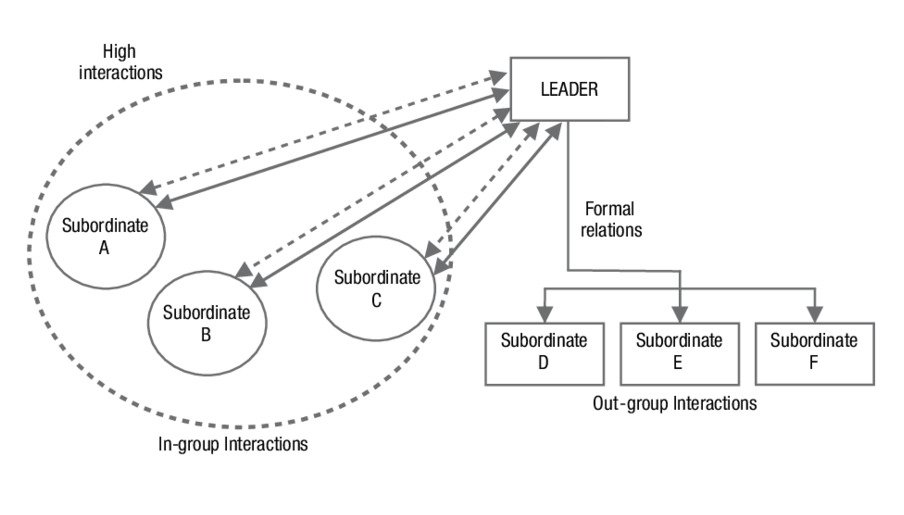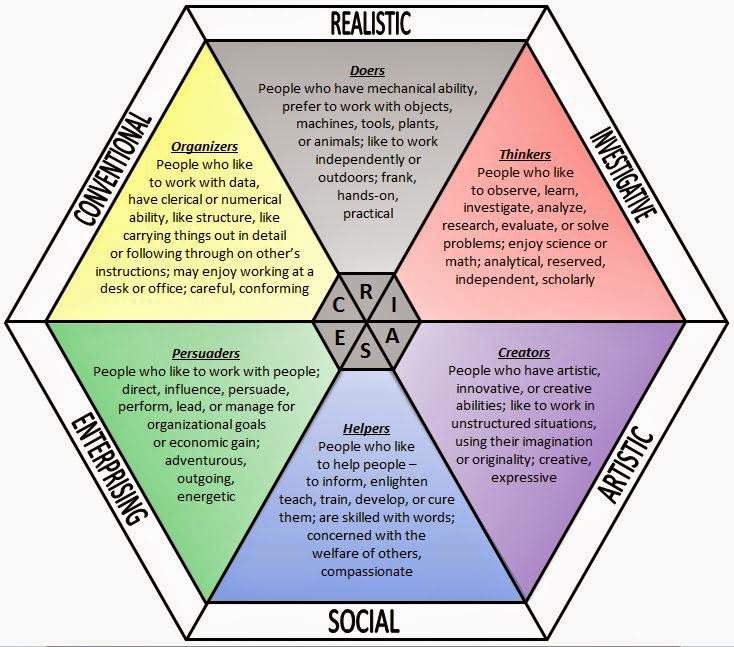The psychological contract is certainly an important aspect of the employment relationship as it invisibly binds the employer and the employee through a set of expectations. For the individual in an organisation, the psychological contract is mostly relevant as it directly affects the level of motivation, commitment and morale of that person. Moreover, a positive psychological contract helps to boost the productivity and performance of an employee.
Thus, to gain the commitment and loyalty of individual employees, it becomes essential that organisations put in place appropriate systems to foster the identification of employee expectations and ways to fulfill them. However, expectations are not easily identified, both on the employers and employees side.… Read the rest





